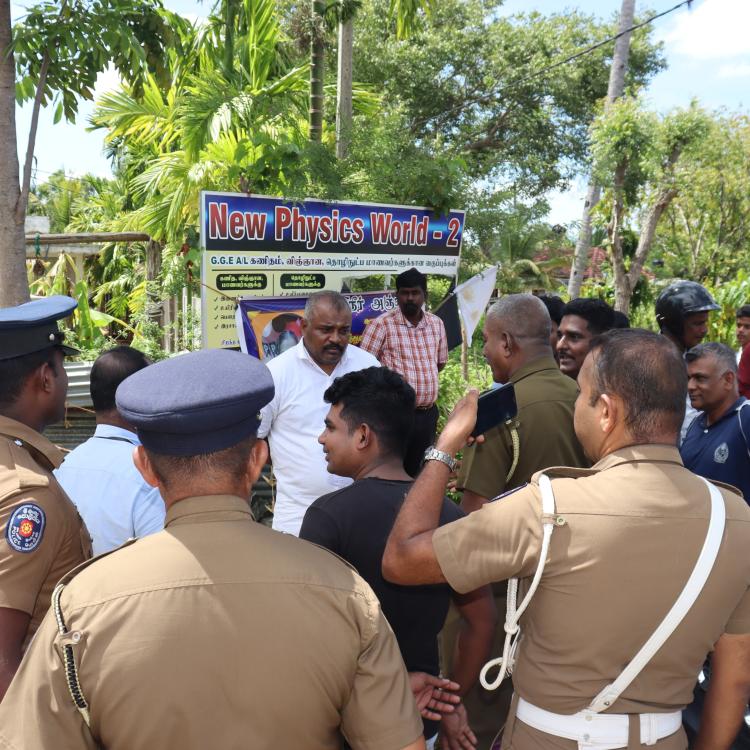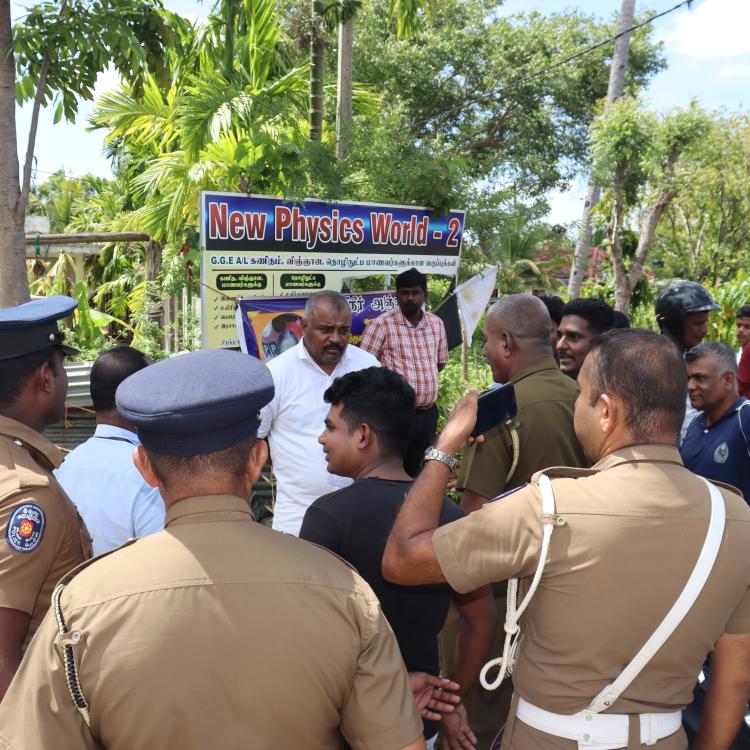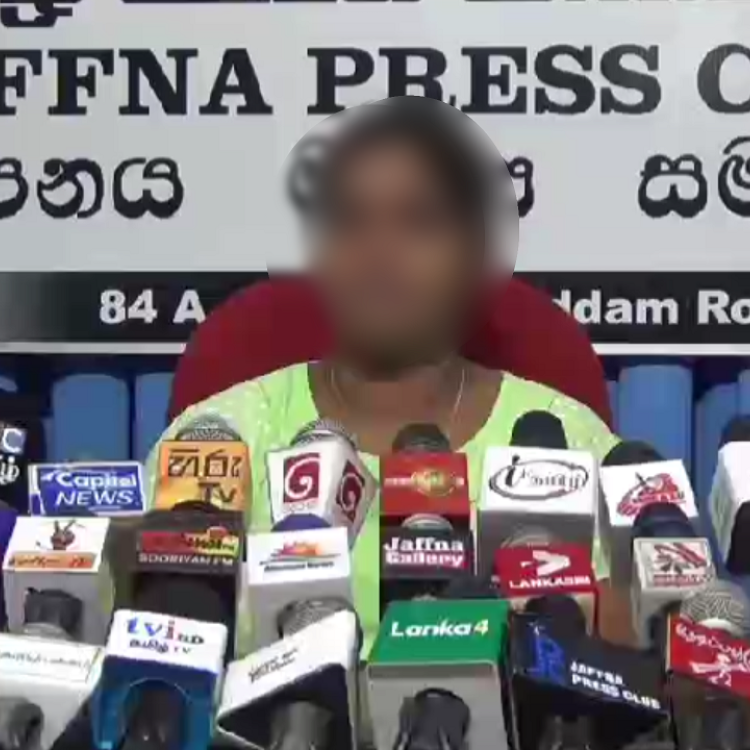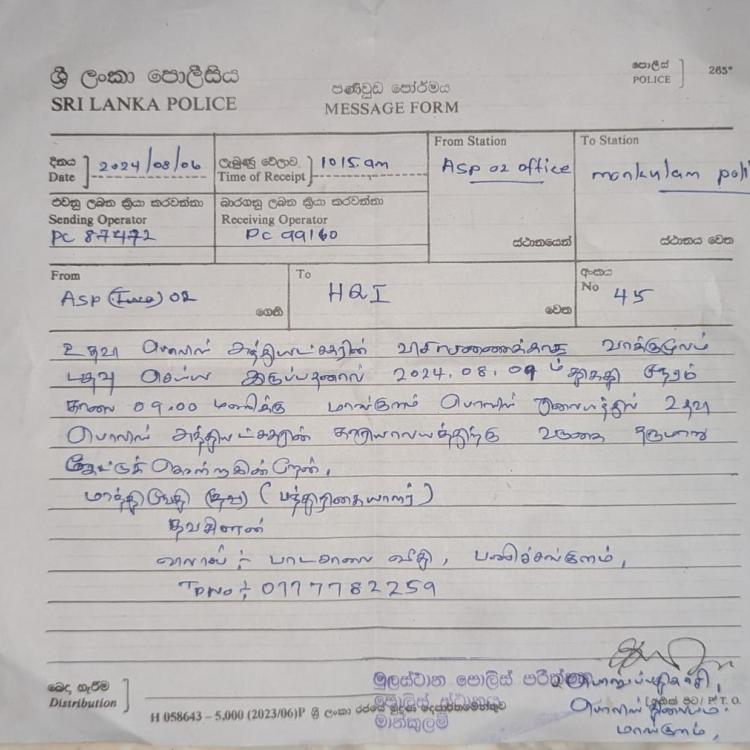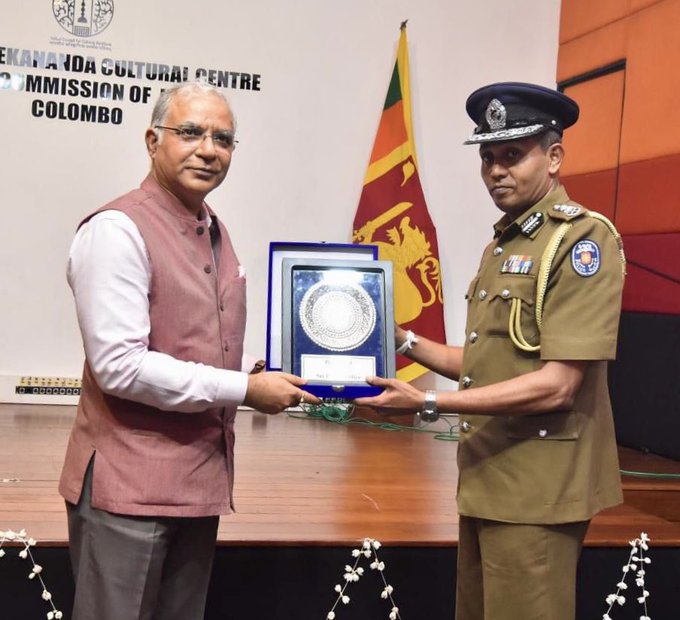
Sri Lankan police have successfully completed a Hindi language course hosted by the Indian government this week, despite officers across the North-East still being unable to speak the native language Tamil.
In a post on X, the Indian High Commission in Sri Lanka celebrated the 3rd batch of the Sri Lanka Police Force's Hindi Proficiency Course. The post states that the event was intended to celebrate the Indian Hindi Day on September 14.
Celebrating #HindiDivas2024!#HindiDivas at @iccr_colombo was met with great enthusiasm & fervour. The event saw commendation of 3rd batch of Sri Lanka Police Force's Hindi Proficiency Course, who were awarded certificates by HC @santjha in presence of senior police officials. pic.twitter.com/CRlhFoWHWY
— India in Sri Lanka (@IndiainSL) September 14, 2024
The batch were awarded certificates by the High Commissioner of India to Sri Lanka, Santosh Jha, in the presence of senior Sri Lankan police officials.
While Sri Lankan police learn Hindi, a language of little use in Sri Lanka where Hindi speakers are very few, Tamils across the homeland continue to face severe difficulties accessing facilities in which officials only speak Sinhala.
In 2022, the largest television broadcaster in Sri Lanka - the Sri Lanka Rupavahini Corporation, officially dropped Tamil and English from its logo, leaving only Sinhala.
That same year another set of police officers began learning Hindi, courtesy of the Indian government, despite ongoing discrimination against the Tamil language across the island.
Tamils have frequently complained about the lack of official Tamil language services in Sri Lanka, despite claims by the government that Tamil is recognised as an official language. Across the Tamil homeland, Sri Lankan police stations are manned mostly by Sinhala officers with difficulty in accessing Tamil language services.
The issue was highlighted by the UN Special Rapporteur on contemporary forms of slavery, who visited Sri Lanka in 2021.
“Despite the fact that Sinhala and Tamil are official languages of Sri Lanka, I have been informed that Tamil workers are often not able to report instances of abuses to the authorities such as the Police, as many Police officers only speak Sinhala and force them to file complaints in Sinhala,” said Tomoya Obokata. “This has been reported from various parts of the country."

